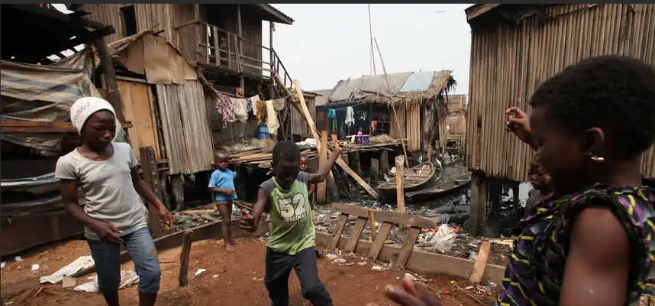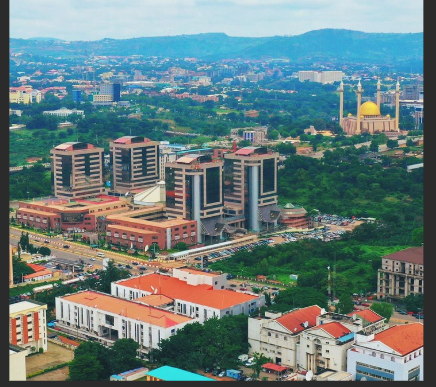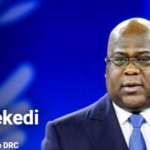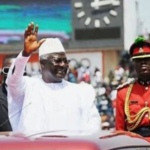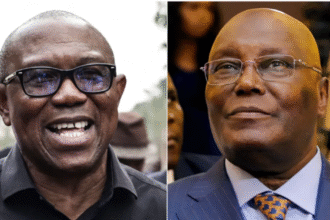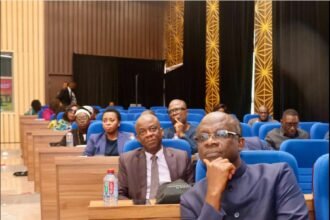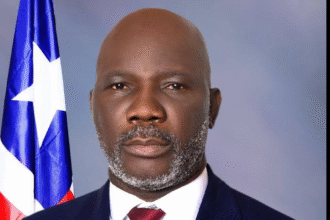By Abu Hassan
Abuja, Nigeria – The World Bank has approved a $500 million loan to Nigeria for its Community Action for Resilience and Economic Stimulus (CARES) Program, aiming to alleviate the impact of economic hardship on vulnerable households and businesses. Approved on March 28, 2025, the loan will support initiatives focused on expanding access to livelihood support, food security services, and grants for those most in need.
The program, officially titled “NIGERIA: Community Action (for) Resilience and Economic Stimulus Program,” aims to provide a crucial lifeline to communities struggling with the effects of economic downturns. It targets vulnerable populations with grants designed to help them navigate rising costs of living and bolster their economic resilience. The loan is expected to stimulate the economy from the ground up, particularly in regions severely affected by inflation and recent economic fluctuations. A key focus will be on improving food security and creating new economic opportunities for these communities.
While the loan is welcomed by some as a necessary measure to address pressing economic challenges, it has also sparked debate and raised questions about Nigeria’s reliance on international borrowing despite its vast natural resources and economic potential. Critics argue that the need for such significant loans highlights underlying issues of wealth disparity and the imperative for improved governance.
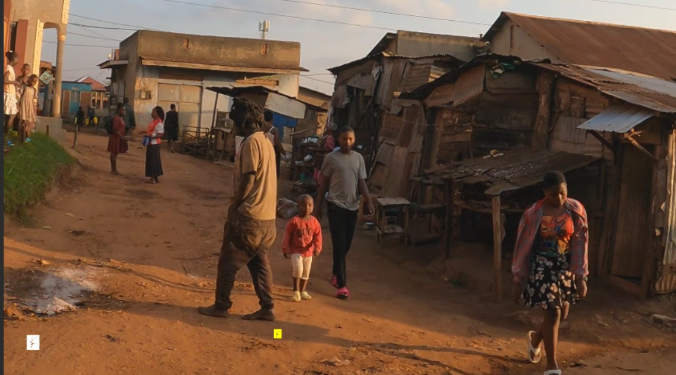
“Why does a nation as rich in resources as Nigeria continually require these loans?” questioned economist Dr. Aisha Bello. “This situation underscores the urgent need for more effective resource management, transparency, and good governance to ensure that the nation’s wealth benefits all its citizens, not just a select few.”
The World Bank’s latest loan is just one piece of a larger picture. According to Daily Trust reports, the World Bank is expected to approve further financial facilities for Nigeria later this week, a development that would further increase the nation’s already substantial debt profile. This has heightened concerns among financial analysts about the long-term sustainability of Nigeria’s economic strategy.
The approval of the CARES program loan highlights the ongoing struggle to bridge the gap between Nigeria’s potential wealth and the realities faced by many of its citizens. Experts emphasize that while the loan may provide immediate relief, lasting solutions require a fundamental shift towards better governance, more equitable distribution of resources, and sustainable economic policies. Only then can Nigeria truly harness its own wealth and break the cycle of relying on international loans for basic economic needs.
